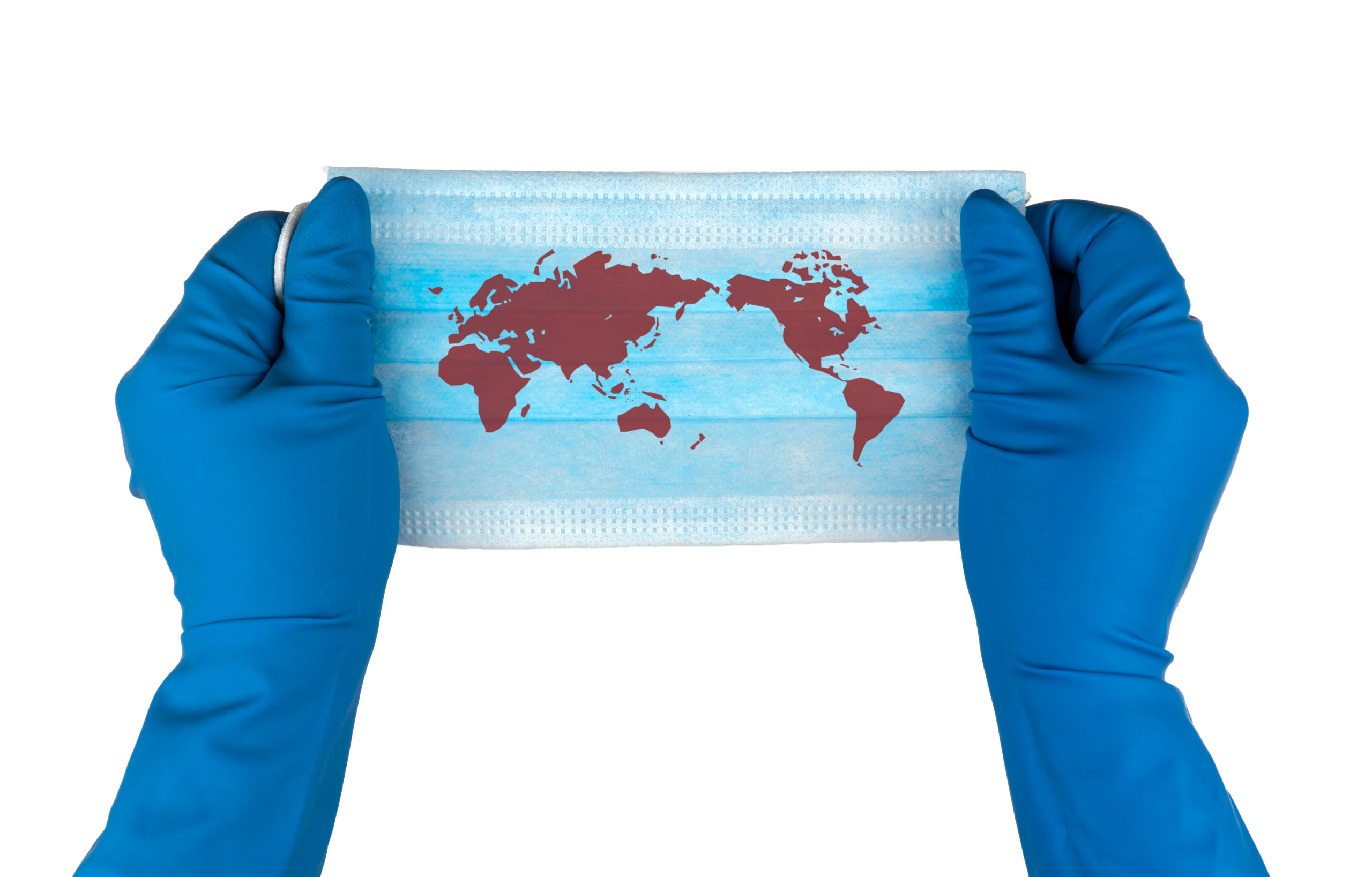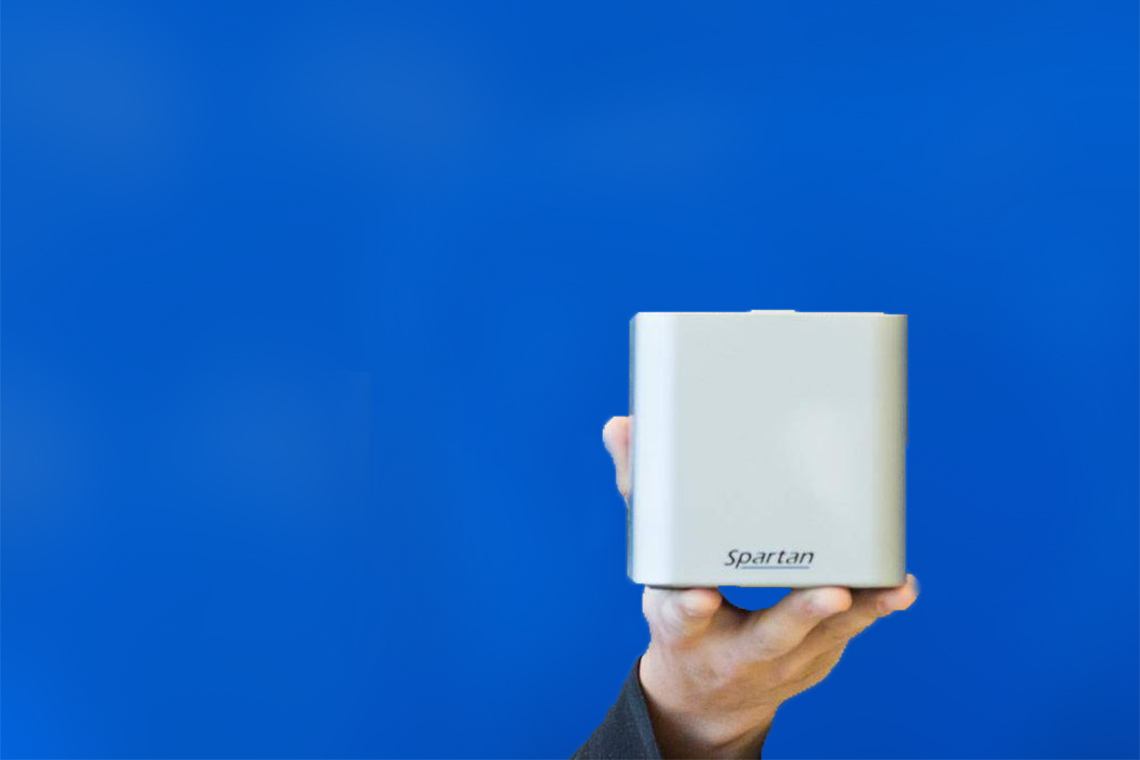With the spread of coronavirus, companies are finding ways to combat and diagnose COVID-19 positive patients in a fast and adequate manner. Empatica and Biomedical Advanced Research and Development Authority (BARDA) are working together to create a wearable system that detects COVID-19 before the symptoms appear. BARDA is part of the Office of the Assistant Secretary for Preparedness and Response at the US Department of Health and Human Services (HHS).
The system will alert the individual wearing the device when it detects a likely COVID-19 infection that allows the user to self-isolate and seek early treatment. The system is called Aura and is a non-invasive device that utilizes Empatica’s medical smartwatches, software and artificial intelligence capabilities.
Aura will perform continuous and real-time insights that will show the likelihood of SARS-CoV-2 infection before the symptoms present themselves. A signal will be sent warning the user and provide them information of their healthcare provider.
Empatica CEO, Matteo Lai, stated, “we are very proud to join forces with BARDA to help improve the health and safety of millions of Americans going back to work. This product introduces a new paradigm: empowering individuals and institutions with smart health monitoring, so that they will know early when they need to self-isolate and take care of themselves. Without BARDA’s leadership and foresight over the past year, our early detection algorithm would not have reached this pivotal stage of clinical validation, which will accelerate our request for FDA’s approval of Aura as a medical product for use by people at risk of contracting COVID-19.”
Related: Shopify and BlackBerry to Develop Canada’s First COVID-19 Contact Tracing App
In early 2019, the companies were working closely to develop a digital biomarker that predicts respiratory infections. In their preliminary findings, they saw promising results that showed a strong correlation between viral shedding and changes in a person’s physiology. Empatica is not responsible for running a validation trial specific to the early detection of COVID-19.
According to a statement, “the aim is to validate Empatica’s algorithm in real-life settings, with the participation of healthcare workers who are exposed to a high viral load while treating hospitalized COVID-19 patients.”
Healthcare workers will wear the E4 wristband by Empatica for 30 days and their physiological data will be reviewed against daily nasopharyngeal (NP) samples and a daily qRT-PCR swab.
BARDA Acting Director, Gary Disbrow, PhD, added, “we anticipate that access to real-time and actionable health information will empower people to seek medical advice and care sooner, or to adopt behavioral changes such as temporary self-isolation that can help reduce the spread of COVID-19 and similar infections.”
With the help of companies creating early detection devices to protect frontline workers, to reduce the spread and to conquer the virus, especially while the lockdowns worldwide begin to ease, they are able to combat the pandemic.
As specified in a statement, “recent estimates by CDC suggest that 35 percent of infections are asymptomatic, making contact tracing and containment of the virus a challenge. Meanwhile, the most infectious period could be one to three days before symptoms start, so even those patients who eventually display symptoms can still infect their family, colleagues and other people they interact with, before realizing they are ill. Digital biomarkers like Aura can help efficiently triage patients, enabling more effective care and prioritization of cases, and potentially saving lives.”











Join or login to leave a comment
JOIN LOGIN